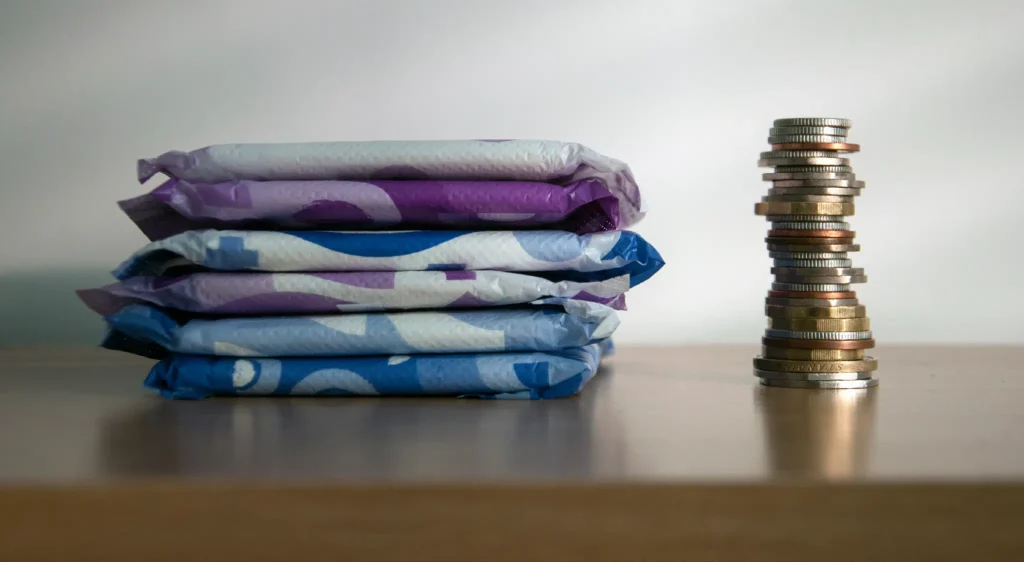A recent survey conducted by United Nations Women (UN Women) sheds light on the widespread challenges faced by millions of women and girls worldwide regarding menstrual health and hygiene management (MHHM).
The survey reveals alarming statistics, indicating that a significant portion of women and girls lack access to menstrual products and suitable sanitation facilities.
“Millions of women and girls worldwide still cannot afford menstrual products or access water and sanitation facilities to manage their menstrual health and hygiene.
“Periods make them miss school, work, and negatively impact their health, but it does not have to be that way,” UN Women says.
Stigma, high product costs, and inadequate water and sanitation infrastructure are identified as key factors contributing to what’s termed as “period poverty.”
The lack of private spaces for washing and changing during menstruation is particularly acute in rural areas across 12 countries, affecting at least one in 10 women and girls.
This scarcity of resources increases the difficulties that over 540,000 women and girls of reproductive age face in managing their periods with dignity.
“Menstrual products are prohibitively expensive for millions of people worldwide. Gender-blind policies and tax laws on feminine products – are, in part, to blame, but such policy decisions go together with the stigma and taboo attached to menstruation,” the UN Women Survey adds.
In countries like Bangladesh, Egypt, India, Madagascar, and Zimbabwe, disparities between urban and rural areas are stark, with urban dwellers more likely to have access to sanitary pads compared to their rural counterparts who often resort to less hygienic alternatives like cloth and sponges.
Even in developed countries like the United States and the United Kingdom, menstrual product affordability remains a significant issue, disproportionately affecting teenagers from lower-income households and communities of colour.
A considerable number of girls and women resort to using toilet paper due to the inability to afford proper menstrual products.
The situation is dire in conflict zones like Gaza, where over half a million women and girls lack access to essential hygiene items, leading them to resort to unsanitary alternatives.
The survey draws attention to the urgent need for 10 million disposable menstrual pads monthly to meet the basic needs and uphold the dignity of women and girls in Gaza alone.
Moreover, the perpetuation of period poverty is made worse by societal stigma and a lack of comprehensive menstrual education among policymakers, educators, and decision-makers.
This emphasises the importance of holistic approaches to address not only the material needs, but also the social and educational aspects surrounding menstrual health and hygiene.
The survey calls for urgent efforts at local, national, and international levels to address period poverty comprehensively to ensure that all women and girls can manage their menstruation safely, hygienically, and with dignity.

